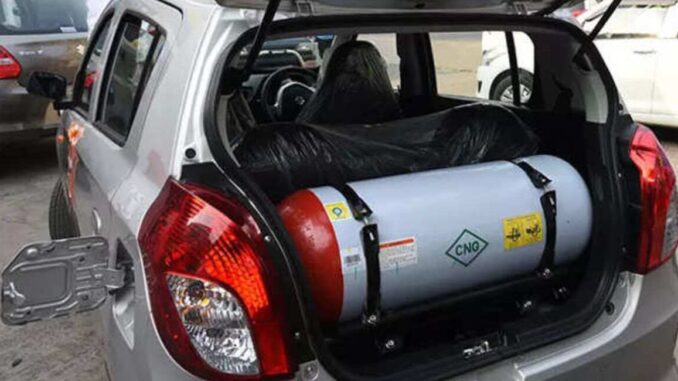
The Nigerian Presidency has assured the public that its Compressed Natural Gas (CNG) initiative under President Bola Tinubu’s administration is safe.
This reassurance came after Malaysia announced plans to phase out Natural Gas Vehicles (NGVs) over safety concerns.
Earlier this week, Malaysian Transport Minister Loke Siew Fook announced that starting July 1, 2025, Malaysia will no longer register or allow CNG-powered vehicles due to safety issues.
The news has raised questions among Nigerians about the safety of the country’s own CNG plans.
In response, Bayo Onanuga, media aide to President Tinubu, clarified that Nigeria’s transition to CNG is different from Malaysia’s situation.
Onanuga said that the Nigerian government is only focused on CNG, which he argues is a safer and more efficient alternative to Liquefied Petroleum Gas (LPG).
Onanuga, in a statement, explained, “NGV covers both CNG and LPG. Nigeria in its transition has adopted CNG ONLY not both because of LPG’s valid safety and cost concerns
“Malaysia basically had an unsuccessful transition away from costly and dirtier petrol and diesel. Conversion of 45,000 vehicles in 15 years (less than 0.2%) is not enviable unlike India, China, Iran and Egypt.
“The end of 15 year CNG tank cycle means they need to replace tanks and it was easier/cheaper to scrap their program and continue with their petrol than to do so if they had not built tank manufacturing capacity which Nigeria is already developing in year one”.